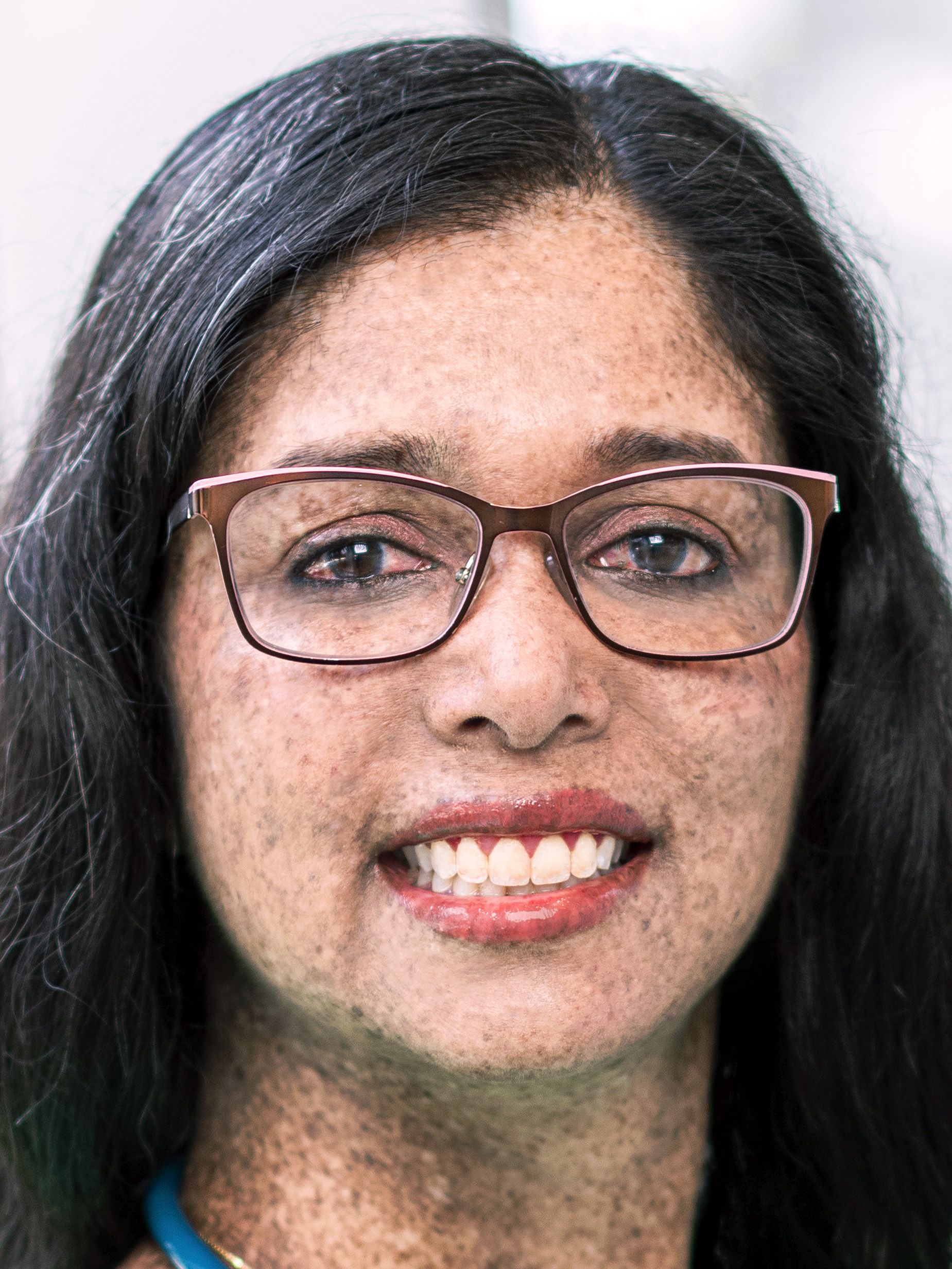
The 2024 Annual Pediatric Hospital Medicine Conference’s theme was “How We PHM,” uniting more than 1,200 pediatric hospitalists who attended the conference in Minneapolis in August. According to Nancy Chen, MD, FAAP, FHM, clinical associate professor of pediatrics at the University of Arizona and the PHM Planning Committee’s SHM co-chair, the goal for the conference was to highlight the field’s diversity and our common goal to provide care for hospitalized children. The planning committee selected plenary topics highlighting key areas in the field of pediatric hospital medicine
The highlight of the conference for many attendees, myself included, was Marine Corps Lieutenant Colonel Jasmin Moghbeli’s plenary. The NASA astronaut and mother of twins shared her journey to becoming an astronaut. She told the audience about her first year in astronaut training, reminding many in the audience of their intern year of residency training. She shared how she decided to pursue her career as an astronaut while also being a wife and mother. She discussed teamwork and trust, by sharing glimpses into her time on the International Space Station, and her approach to uncertainty in her profession. Many in the audience were able to relate to her stories of teamwork, work-life balance or integration, resiliency, and addressing uncertainty. (Read more about Astronaut Jasmin’s plenary in Dr. Rachel Peterson’s session summary on page 18).
The opening plenary highlighted health equity and focused on leveraging the audiences’ voices to address racism in pediatrics. Dr. Tiffani Johnson, associate professor of pediatrics and pediatric emergency medicine physician at the University of California in Davis, Calif., shared examples of health disparities in pediatrics and solutions for hospitalists to mitigate biases and minimize inequities in daily care. She also addressed hospitalist leaders and shared frameworks on how to ensure the pediatric hospital medicine workforce mimicked the patient population we serve, an evidence-based solution to providing equitable care.
Advocacy is another important topic in pediatrics and pediatric hospital medicine. Dr. Annie Andrews, clinical professor of pediatrics at George Washington University in Washington, and pediatric hospitalist at Children’s National Hospital in Washington, shared her path to advocacy as a gun violence researcher. She inspired the audience to tell stories as an advocacy tool. Dr. Andrews, along with other PHM advocacy leaders, also presented a standing-room-only workshop on how to advance individual advocacy.
The closing plenary focused on the near future of medicine—artificial intelligence. Dr. Anthony Chang, the chief intelligence and innovations officer and pediatric cardiologist at Children’s Hospital of Orange County in Orange, Calif., shared his passion for innovation and bringing artificial intelligence to clinical practice. His discussion of data science and its role in research shined a light on the work that many pediatric hospitalists are doing using the Pediatric Health Information System® database.
The conference plenaries highlighted distinct foci within pediatric hospital medicine, suggesting “How We PHM” may vary. However, our goal is the same. Whether we are understanding pediatric health disparities, advocating for improved care for children, or researching how to provide evidence-based care, we are all united in improving care for hospitalized children.
Dr. Kumar is a pediatric hospitalist at Cleveland Clinic Children’s and an assistant professor at Cleveland Clinic Lerner College of Medicine of Case Western Reserve University. She is the pediatric editor for The Hospitalist, and a member of SHM’s Pediatrics Special Interest Group’s executive committee.
Read all the PHM 2024 session recaps
Less Bloat, More Clarity: Optimizing Inpatient Notes
Anchors Away! Operationalizing the Diagnostic Timeout to Overcome Cognitive Bias
“Is There a Doctor in the House?” Responding to Medical Emergencies Outside of the Hospital
Growing Pains: How to Successfully Navigate Inpatient Pediatric-to-Adult Care Transition
Change is Hard: 5 Practical Tips to Leading Change from Rounds to the Board Room